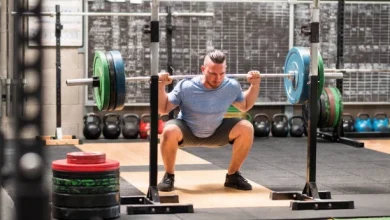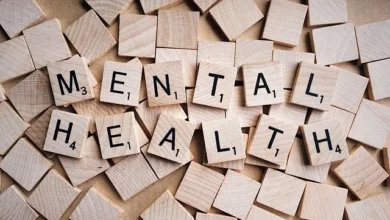Top 5 most and effective natural solutions for anxiety
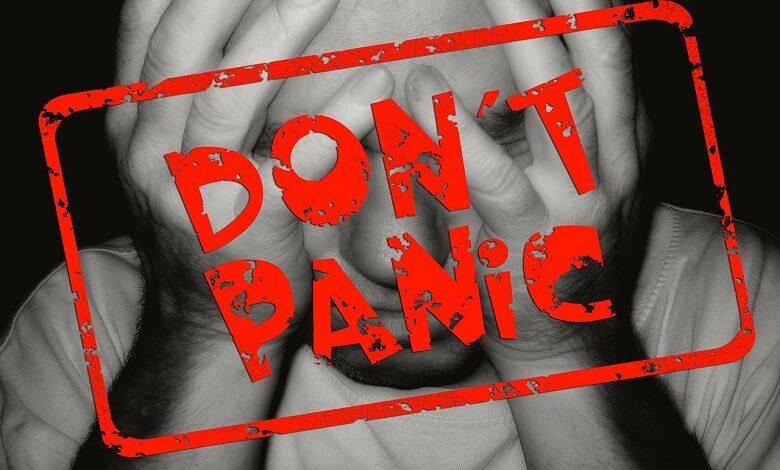
Anxiety is one of the most common emotional disorders. However, people who suffer from it usually do not seek help or, when they do, end up taking chemical anxiolytics with often unwanted and sometimes very debilitating side effects.
To avoid the inconveniences of chemical treatments or reduce their dosage, more and more anxious people turn to natural remedies.
Which anxiety reduction solution is right for you?
There are many, many ways to reduce anxiety or stress. Medicated anxiolytic treatments are not always the best solution. In the long term, many say they encounter problems related to the taking of these drugs (dependence, neuropsychiatric disorders, memory problems, decreased vigilance, drowsiness, confusion…).
In this article, discover five natural solutions for anxiety. They are all useful, but some will speak to you more than others. With practice, you will find the solutions that really work for you.
1. An anxiolytic diet
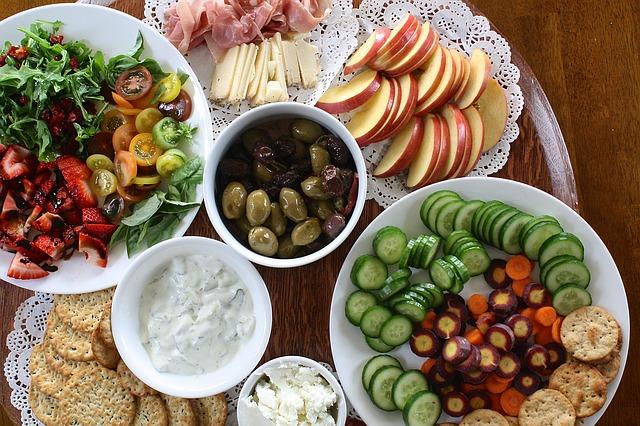
This first advice may seem simplistic, yet the influence of food on the body is still very underestimated. Concretely, food is the fuel of our body: if we feed it poorly, it functions less well, resulting in anxiety.
Processed meals, alcohol, refined sugar, and many other harmful foods are part of many of us’ daily diets while providing almost no essential nutrients to our body. The latter, to function properly, needs its daily intake of vitamins, minerals, trace elements… It can then quickly experience deficiencies and trigger specific pathologies such as stress, anxiety, and depression.
To reduce these emotional disturbances, it is essential to focus on healthy, unprocessed, raw foods when you can. This will give you plenty of good nutrients. Foods rich in omega-3 (fish, vegetable oils, chia seeds, nuts…) are essential for the brain’s proper functioning: cocoa and dried fruits, which are high in magnesium, also very effective nutrients against anxiety.
On the drinking side, reduce your intake of stimulants (soda, coffee, alcohol) and drink enough water.
2. Exercise
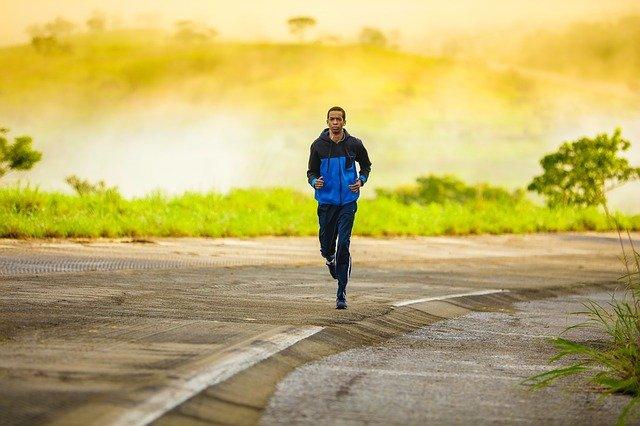
When anxiety takes over us, we usually don’t feel like going out or participating in physical activity. A vicious circle sets in: we go out little, we isolate ourselves, we do no physical activity, and we accentuate the discomfort. Under these conditions, the organism cannot flourish, and it locks itself in a routine little by little devastating. To avoid this situation, it is essential to force yourself to go out and resume physical activity.
Indeed, scientific evidence supports that around 2.5 hours of exercise per week is sufficient to reduce the risk of developing one or more chronic diseases, including anxiety. Numerous studies have shown that physical exercise improves self-esteem and feelings of well-being. Adults who participate in regular physical activity have fewer symptoms of depression and anxiety.
For starters, it is often recommended that you walk for 30 minutes a day in nature or a quiet place away from any source of stress.
3. Using plants
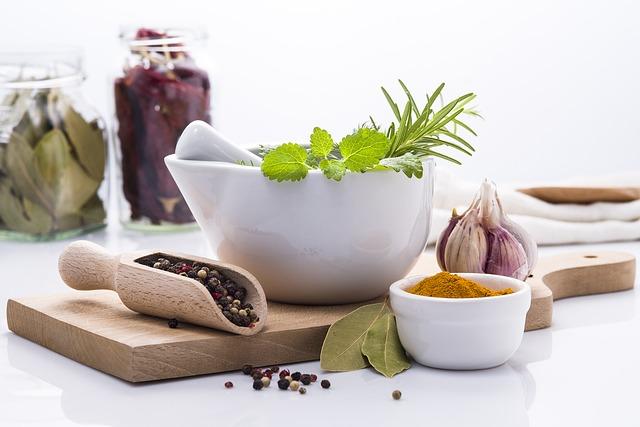
Herbal medicine is often overlooked by conventional medicine to relieve emotional distress. However, some herbal remedies have been shown to be effective in fighting anxiety. In addition, natural anxiolytics generally cause fewer side effects than synthetic drugs.
The wort is promoting the uptake of certain neurotransmitters: serotonin, dopamine, and norepinephrine. These substances naturally present in the brain play an important role in the balance of emotions. When their functioning is disrupted, an emotional imbalance is created. The action of St. John’s Wort consists precisely in restoring this balance. It thus effectively fights against panic attacks, stress, anxiety, and anxieties.
Rhodiola is an interesting herb to relieve anxiety. The Vikings already used it to give them strength and courage before battles. Rhodiola is an adaptogenic plant, which means that it allows the body to adapt to the various stresses it encounters, incredibly physical and psychological. A study has shown that it can reduce anxiety, stress, anger, confusion, and depression after 14 days of use.
Finally, valerian is a plant considered beneficial against anxiety, and the WHO has also recognized its relaxing properties. It is an effective natural solution to fight against stress, nervousness, and anxiety. Indeed, the active ingredients of valerian modulate GABA-A receptors and induce anxiolytic activity. In addition, it seems ideal for nervous people who have trouble falling asleep.
4. Get enough sleep

Sleep is essential to fight against anxiety. However, anxious people just have trouble getting to sleep and sleeping peacefully. Anxiety disorder impairs the quality of sleep, which leads to short, restless nights.
Fortunately, the solutions suggested above (healthy diet and exercise) will help you feel less anxious. By eating light dinner at night and by favoring foods rich in melatonin (the sleep hormone) such as dried fruits, bananas, or applesauce, you will be able to fall asleep more quickly.
You can also use calming plants to help you get to sleep. For example, you can drink chamomile tea, known to improve the quality of sleep.
Finally, make sure you go to bed in a room set to the right temperature (not too hot) and in a calm state of mind. To do this, avoid using your phone or watching anxiety-inducing movies at least 30 minutes before bed. And if you’re feeling nervous, try to relax.
5. Learn to relax
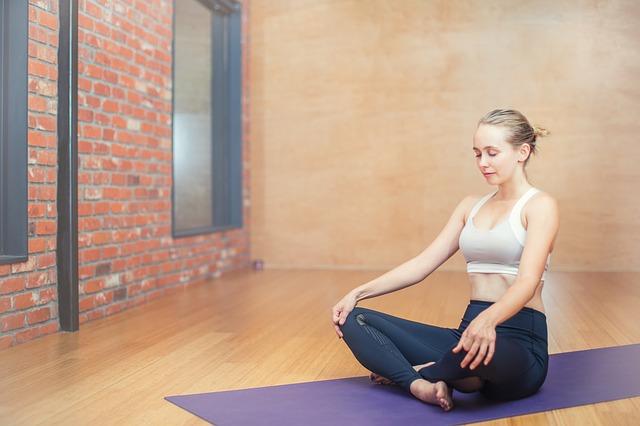
There are effective relaxation techniques to include in your daily routine to help your body regain long-term well-being. In the short term, certain methods are also useful and valuable, especially in a crisis.
Some people turn to yoga, others to meditation and breathing exercises. Cardiac coherence is one of the natural solutions highly appreciated against stress and anxiety. Some studies indicate that it can reduce the level of cortisol (stress hormone) and focus your mind on the present moment in order to provide a real feeling of well-being.
The more you perform the exercise, the more you will appreciate its virtues. Focus on your breathing to allow your body to flourish at the moment.
*Note: information provided in this article does not replace a medical consultation. They are provided for informational purposes to give you some keys to get better. These tips are general and do not take into account the state of health of each person. If in doubt, consult your doctor.


